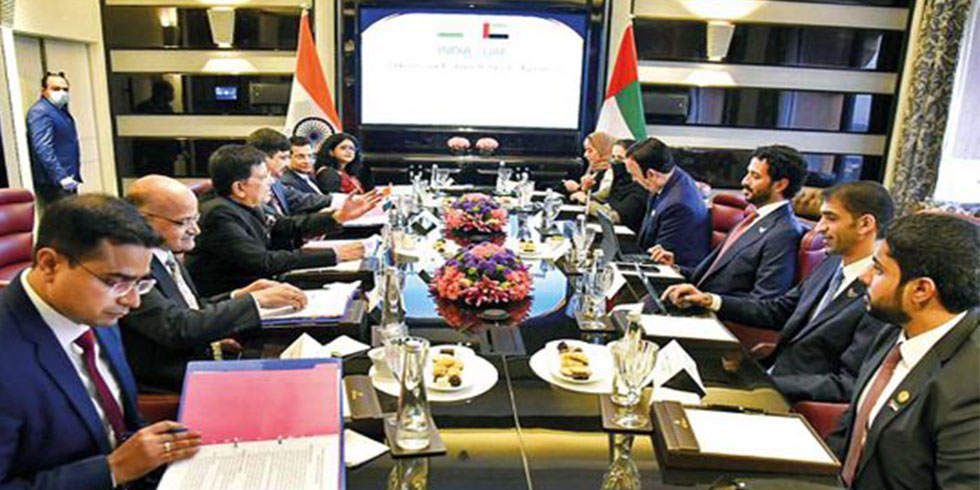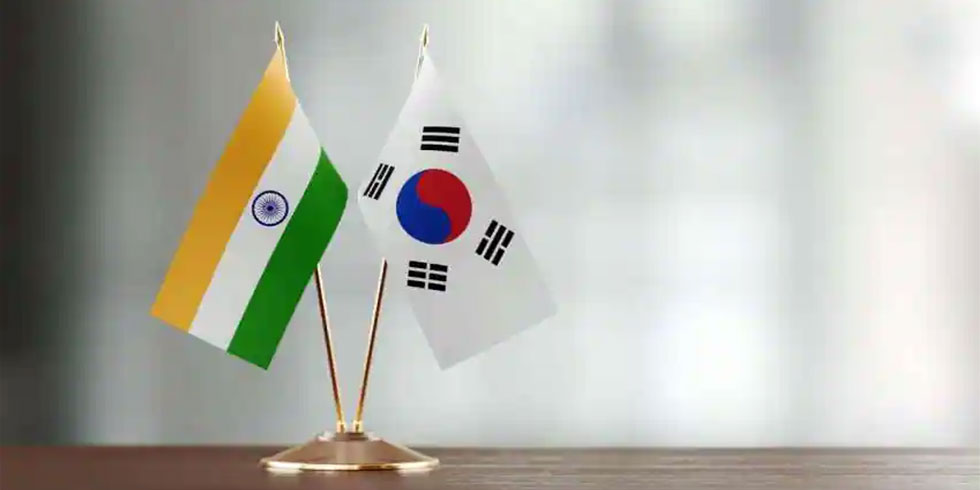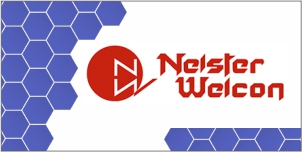NEW DELHI: Negotiations on a free trade pact between India and Canada are "proceeding smoothly" and the two countries are on track to clinch a deal by next year, an Indian minister said on Monday.
Progress on the proposed Comprehensive Economic Partnership Agreement (CEPA), was reviewed at a meeting in New Delhi between Indian trade minister Anand Sharma and Canada's international trade minister Edward Fast.
The two countries launched the talks in 2010 to boost investments and forecast bilateral trade to triple to $15 billion by 2015.
"Negotiations on CEPA are proceeding smoothly and we hope it would be finalised by 2013," Sharma said in a statement after meeting Fast who is accompanying Canadian Prime Minister Stephen Harper on a six-day official visit.
Progress on the free trade pact came as Canadian and Indian negotiators struggled to clear a diplomatic logjam over resuming trade in nuclear materials and technology, according to media reports.
The countries agreed two years ago on a nuclear co-operation deal that was supposed to open doors to new exports of Canadian uranium and reactors.
But India is resisting calls that Canada be allowed to scrutinise the use of its nuclear material.
New Delhi already reports to the International Atomic Energy Agency (IAEA) and believes its actions should not have to be vetted by Canada as well, Toronto's Globe and Mail newspaper said.
"We are concerned about where Canadian nuclear material goes," the newspaper quoted Stewart Beck BSE -1.10 %, Canada's High Commissioner to India, as saying.
Last month, visiting Australian Prime Minister Julia Gillard agreed to open negotiations to export uranium nuclear fuel to energy-hungry India but it also is demanding the same monitoring safeguards as Canada, the paper said.
New Delhi -- backed by the United States -- won an exemption in 2008 from the Nuclear Suppliers Group, which governs global nuclear trade, to allow it to buy reactors and fuel from overseas.
India, which has tense relations with nuclear-armed rival Pakistan, had been subject to a global embargo since 1974 when it first staged an atomic weapons test.















Add Comment